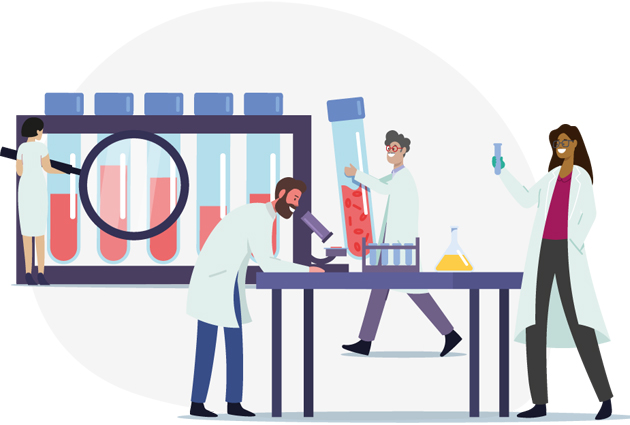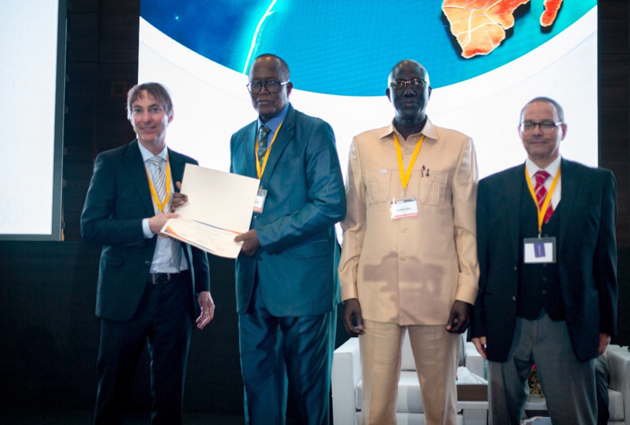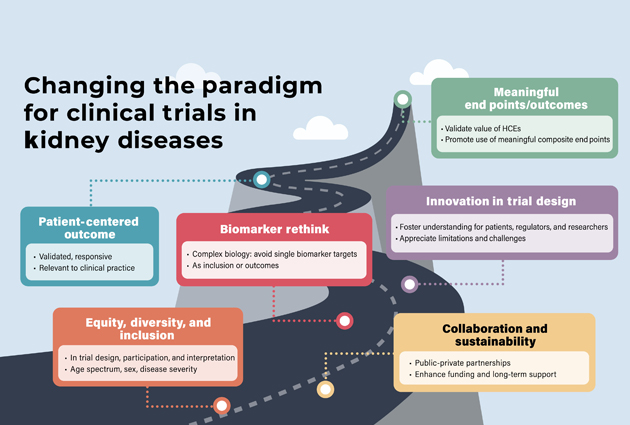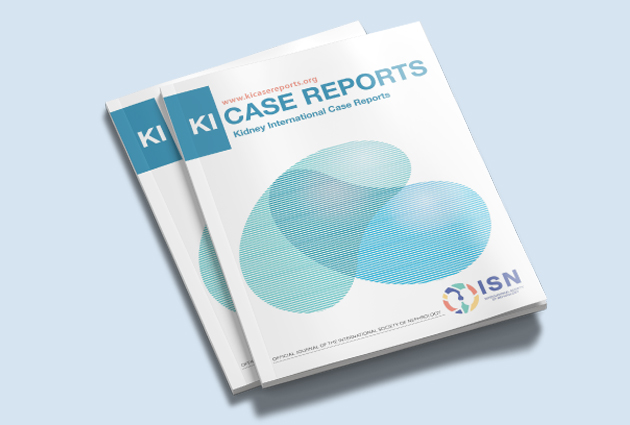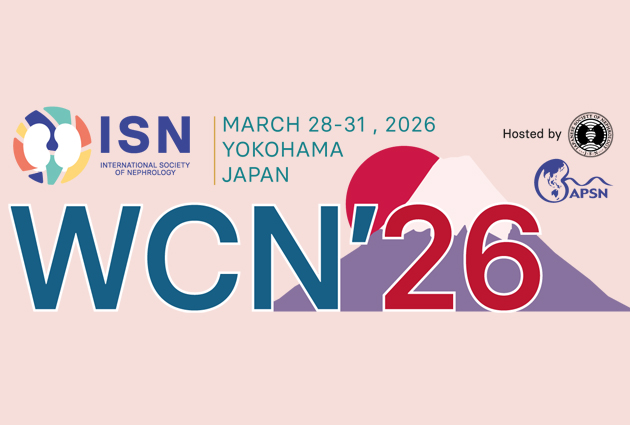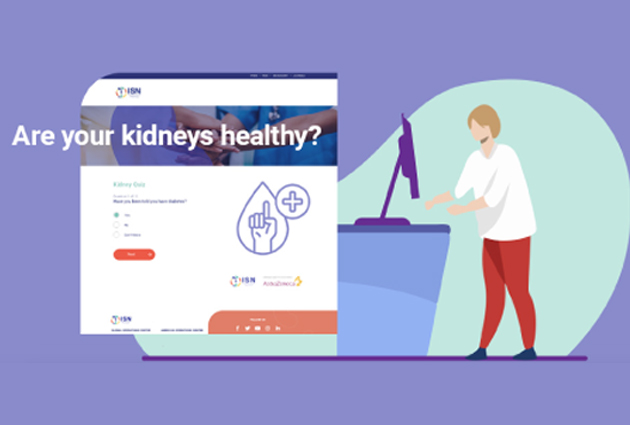ISN and the Extracorporeal Treatments in Poisoning (EXTRIP) workgroup
Few remember that the development of the first artificial kidney was not for treating kidney failure but rather to remove salicylate from the blood. Since then, extracorporeal treatments have focused more on treating organ failure than poisoning. However, morbidity and mortality related to poisoning remains incredibly high in developed and developing countries.
For all these reasons, the Extracorporeal Treatments in Poisoning (EXTRIP) workgroup was created in 2011. International experts in different medical fields, representing over 30 professional societies, gather to systematically review the medical literature, extract relevant information and provide recommendations based on current evidence. They propose research initiatives relating to extracorporeal treatments and toxin removal in poisoning. This initiative is currently chaired by Marc Ghannoum, a nephrologist from Montreal, Canada and Emmanuel A. Burdmann a nephrologist from Sao Paulo, Brazil is the ISN delegate in this process.
Aside from reviews and editorials, there are no comprehensive guidelines or recommendations on using extracorporeal treatments in setting exogenous intoxications. Nephrologists are often called to care for these patients and significant confusion remains about the exact indications of dialysis and hemoperfusion. This is partially because of the lack of adequately constructed studies in this population (although a good case-report may offer acceptable information on the kinetic efficacy of a procedure).
In fact, randomized trials are very hard to perform and often perceived as unethical in this particular medical emergency and informed consent in urgent situations are frequently difficult to obtain. In addition, managing these patients also requires a solid knowledge of toxicokinetics and available alternative therapies like antidote – an area not necessarily familiar to all nephrologists.
The first EXTRIP workgroup meeting was organized on October 10, 2010 in Denver, USA where the background initiative, objectives and timeline were proposed. Since this meeting the group published a methodology manuscript, describing the approach taken by the EXTRIP workgroup regarding recommendations for extracorporeal treatment for specific toxins. It uses the most stringent and robust methodological tools for guidelines creation (GRADE methodology and AGREE criteria).
The group also published clinical guidelines for the extracorporeal treatment of thallium (Ghannoum M et al. Extracorporeal treatment for thallium poisoning: recommendations from the EXTRIP Workgroup. Clin J Am Soc Nephrol 2012; 7: 1682-1690). More recently, they met in Bromont, Canada to discuss and finalize voting statements for several additional specific toxins including salicylates, barbiturates, metformin, methylxanthines (theophylline), acetaminophen, ethylene glycol, tricyclic antidepressants, lithium, carbamazepine, valproic acid and others.
A total of 15 specific drug classes and toxins were reviewed at this meeting with guidelines currently being developed based on a complete review of the literature. Data was extracted from over 7,000 articles, one-fourth of which were translated from other languages into English. In addition to clinical recommendations for these specific toxins, the EXTRIP guidelines will address pharmacokinetic principles, future research questions, and the need and possibility of prospective studies.
Stay tuned for more guidelines and publications from EXTRIP in the upcoming months. CLICK HERE for more information.

